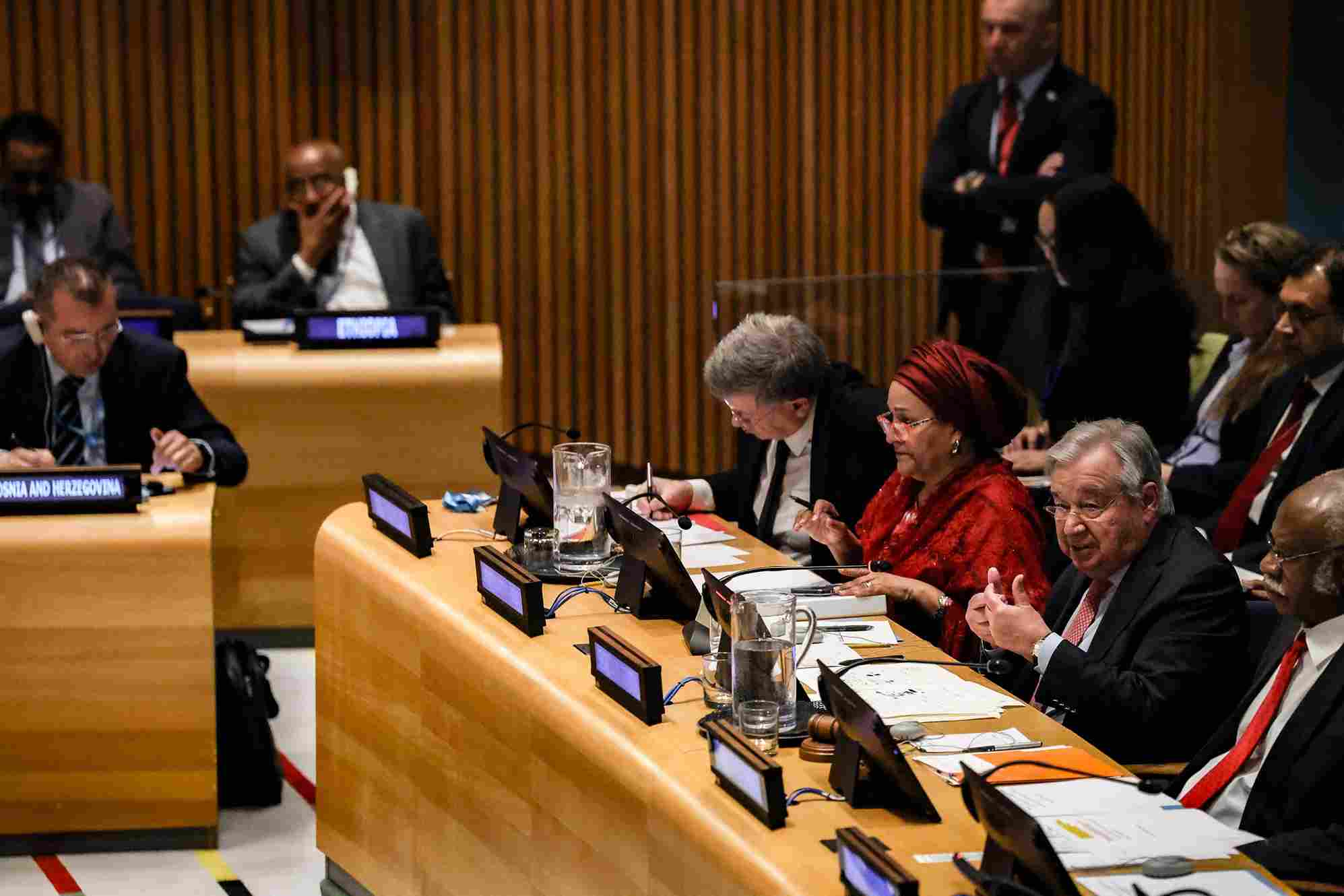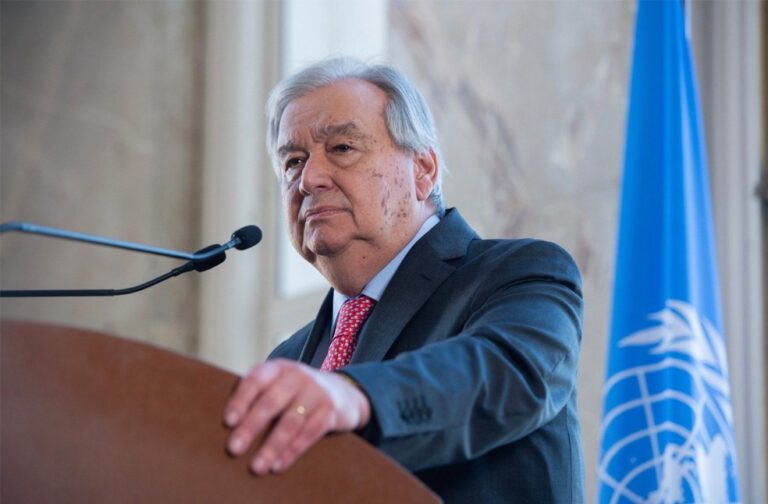New York: United Nations Secretary-General António Guterres has unveiled the ‘UN80 Initiative’, a major reform plan aimed at reshaping the structure and operations of the UN ahead of its 80th anniversary in 2025.
Speaking to the Member States in New York, Guterres outlined a broad roadmap that seeks to streamline operations, reduce costs, modernise digital platforms, and strengthen the UN’s ability to deliver results across peace, development, and human rights.
Launched in March, the initiative is built on three main pillars: boosting operational efficiency, assessing how existing mandates from Member States are being implemented, and exploring structural reforms across the entire UN system.
The mission of the @UN is more urgent than ever.#UN80 is an opportunity to strengthen the UN & deliver for those who depend on us.
We must always stick to our principles & never compromise our core values.
We will build the strongest, most effective UN for today & tomorrow. pic.twitter.com/U8hrzjuSAB
— António Guterres (@antonioguterres) May 13, 2025
Guterres said the conclusions from these efforts will be reflected in the revised estimates for the 2026 budget, due in September 2025, while more complex proposals requiring additional analysis will be included in the 2027 budget plan. These reforms are expected to deliver significant cost savings.
The Secretary-General emphasised that the goal is not the number of meetings or reports generated, but the tangible difference made in people’s lives. He called the UN80 Initiative a vital opportunity to strengthen the UN system and a core element of implementing the Pact for the Future and achieving the Sustainable Development Goals.
The need to remain committed to the UN Charter’s values and principles while ensuring that peace and security, development, and human rights are mutually reinforcing was stressed by Guterres.
The reform plan
The first part of the initiative focuses on improving efficiency by consolidating services, shifting operations to more affordable locations, and enhancing the use of automation and digital systems. Departments in New York and Geneva have been instructed to review whether teams can be relocated, merged, or dissolved to reduce overhead.
The second part involves evaluating how over 3,600 unique mandates within the Secretariat are being implemented, without questioning the mandates themselves, which are the prerogative of Member States. Guterres remarked that fulfilling so many mandates imposes a heavy burden on smaller states with limited capacity.

The third area of reform targets structural improvements, with nearly 50 proposals already submitted by senior UN officials. These proposals cover key sectors such as peace and security, development, human rights, humanitarian operations, training and research, and specialised agencies.
Guterres noted that the response reflects a high level of ambition and creativity within the organisation, and concluded by reaffirming that the reform process will maintain geographic balance in staffing and prioritize gender and disability strategies.
The UN80 Initiative, he said, is a transformative moment for the UN to become more agile, unified, and people-focused, ready to meet the evolving challenges of the modern world.



